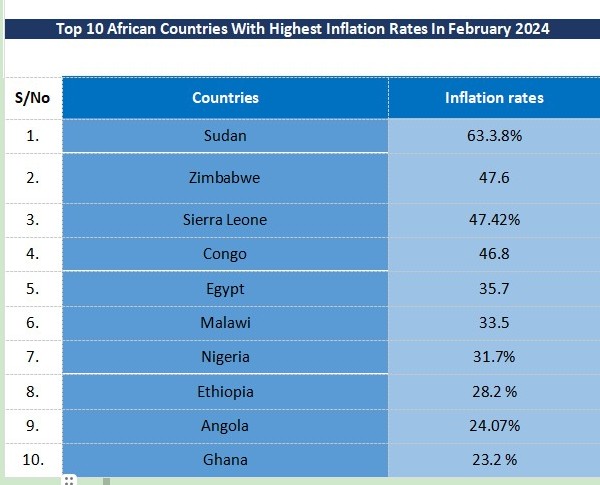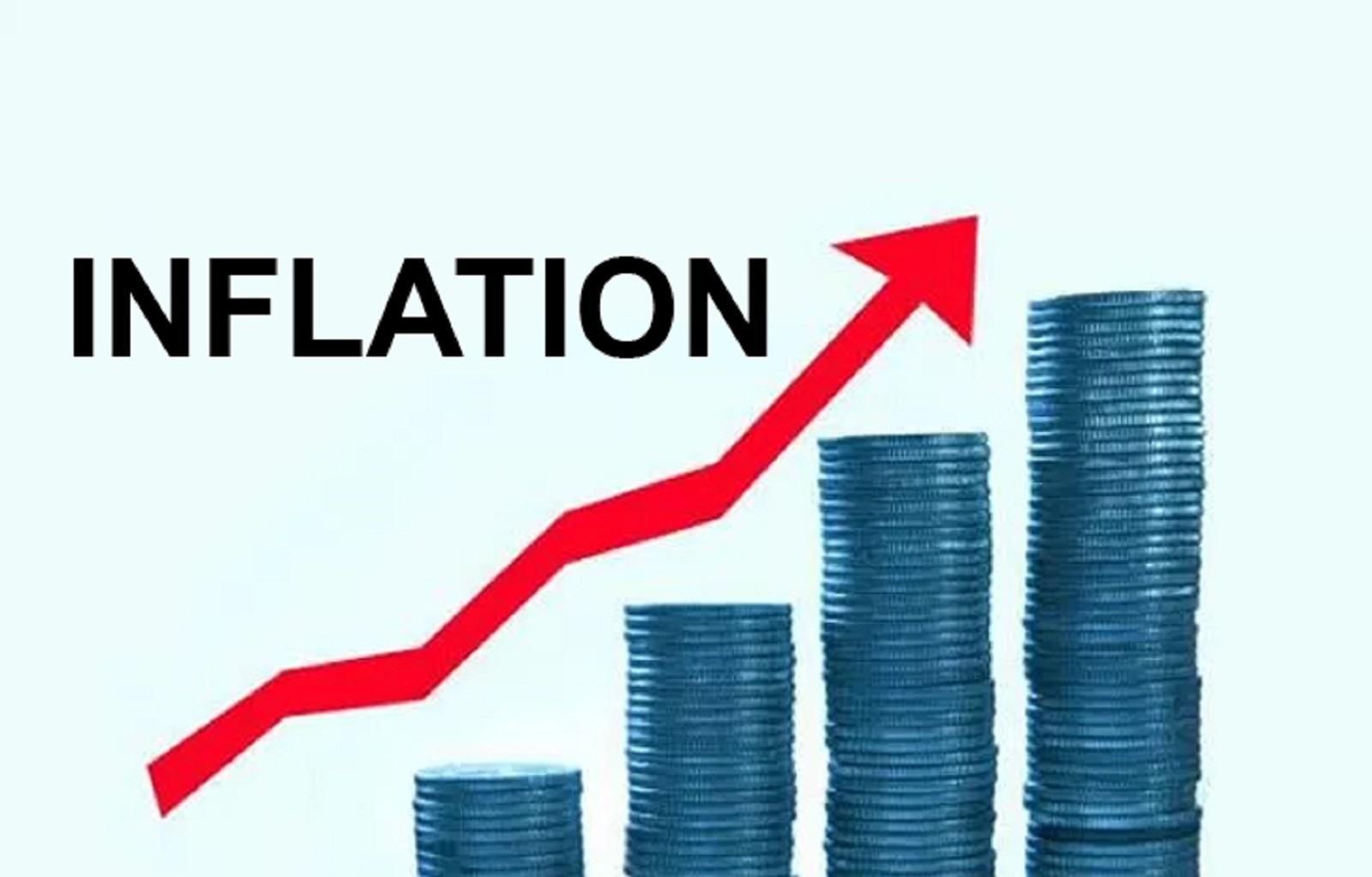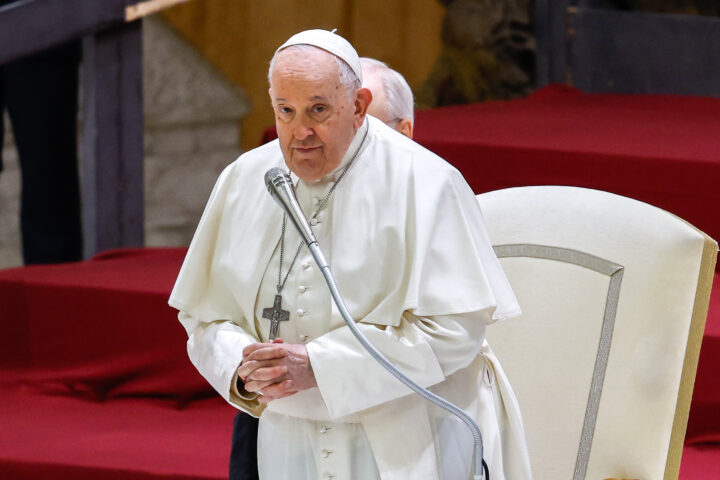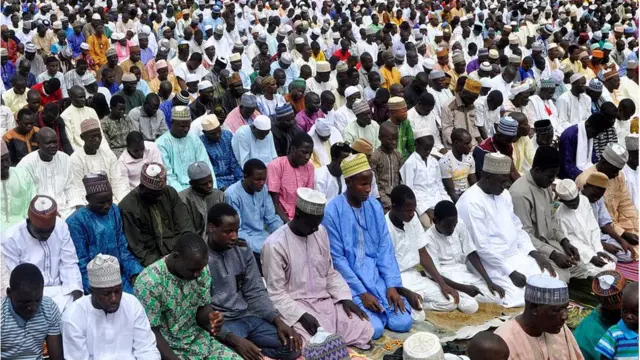An economy experiences inflation when the prices of goods and services, rise persistently over time. It is a broad term that can refer to a country’s cost of living increase or general price increase. It erodes the purchasing power of consumers and increases the cost of living.
Inflationary pressure equally creates challenges for businesses in every economy as it over time hikes input or production costs and also affects profit margins, forcing some to close down either temporarily or permanently.
Join our WhatsApp ChannelREAD ALSO: Consumer Inflation In South Africa Hits 5.6%
Inflation rates in Africa can vary significantly from country to country. Factors such as economic instability, government policies, currency strength, and global market trends can all influence inflation rates, especially in individual African nations.
Experts aver that high inflation rates and foreign exchange crises can discourage investments and stifle economic growth.
One of the economic challenges that many African countries continue to face is soaring inflation. Many are as result of low production locally, leading to heavy dependence on importation to meet domestic needs. This coupled with the exchange rate problem, often makes the countries susceptible to price volatility shocks in the international market, especially when there is supply chain disruption.
Different countries battle inflation with different measures.
A recent study conducted by the African Development Bank group titled ’Africa’s Macroeconomic Performance and Outlook 2024,’ among other things, indicated that some African countries are bound to struggle with inflation going forward in 2024.
In this article, we will highlight top 10 African countries with the highest inflation rate in 2024.
Our data here were sourced from inflation statistics published by Trading Economics, a platform that provides economic insights about countries in the world.
As revealed by the data, Sudan has the highest with 63.3 percent as of February 2024. This is followed by Zimbabwe (47.6 per cent), Sierra Leone (47.42 per cent), Congo (46.8 per cent), Egypt (35.7 per cent), Malawi (33.5 per cent), and Nigeria (31.7 per cent).

Victor Ezeja is a passionate journalist with seven years of experience writing on economy, politics and energy. He holds a Master's degree in Mass Communication.



















Follow Us